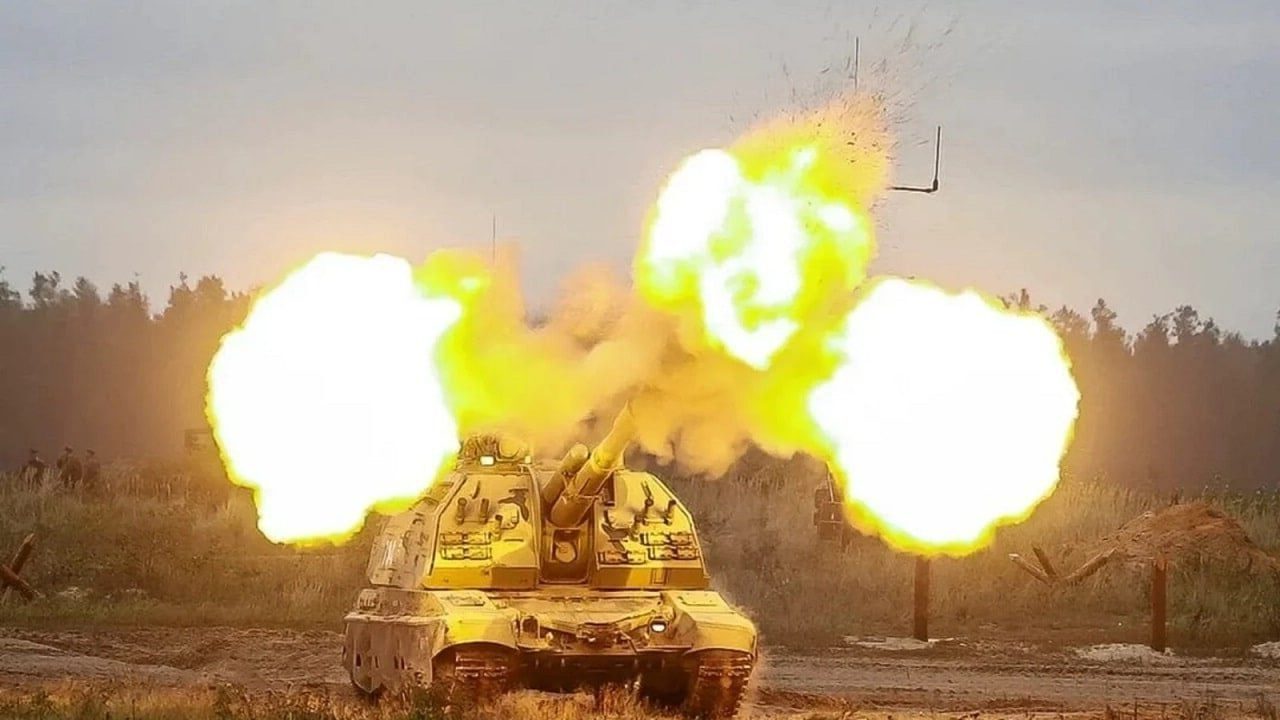Ukriane Says Russians Are Being Prepared for Nuclear War – During an interview with the BBC, Ukrainian President Volodymyr Zelenskyy said that Russian officials have already started the process of preparing the Russian people for the possibility – or likelihood – of a nuclear conflict.
In the interview, Zelenskyy said that Russians have begun to “prepare their society,” though he also questioned whether the Kremlin is truly ready to take such a consequential step.
“They begin to prepare their society. That’s very dangerous. They are not ready to do it, to use it. But they begin to communicate. They don’t know whether they’ll use or not use it. I think it’s dangerous to even speak about it,” Zelenskyy said.
The Ukrainian president also suggested that, should Putin decide to use nuclear weapons in Ukraine, the Russian people may not support his decision.
“What we see is that Russia’s people in power like life and thus I think the risk of using nuclear weapons is not that definite as some experts say, because they understand that there is no turning back after using it, not only the history of their country, but themselves as personalities,” he said.
While Zelenskyy didn’t suggest that Putin is bluffing when he explicitly says that he’s not bluffing, he did appear to indicate that the Russian president is hesitant to make the decision for a multitude of reasons.
It’s a belief shared by experts, too. During a recent interview with NPR, Professor Matthew Bunn of the Harvard Kennedy School – a former White House adviser who has spent decades studying nuclear weapons – estimated a 10 to 20 percent chance that Russia would use nuclear weapons. While Bunn’s suggestion means that a nuclear war is not imminent, he did also recognize that it is “intolerably high.”
Ukraine Makes a Bold Claim…Maybe: Did Zelenskyy Suggest Pre-emptive Nuclear Strikes?
Earlier this week, video footage emerged of the Ukrainian president apparently calling for pre-emptive nuclear strikes by NATO forces against Russia – though Zelenskyy has since clarified that he was actually talking about sanctions.
The video of Zelenskyy making the comments was recorded during his address to the Lowy Institute on October 6. During the address, Zelenskyy offered thoughts on how NATO should respond to Putin’s clear suggestion that he could deploy tactical nuclear weapons.
“We can already see that these people [Russian officials] are capable of such atrocities. What must NATO do? Make it impossible for Russia to use nuclear weapons,” Zelenskyy said in the clip.
“But what is more important, I am once again turning to the international community, as I did before February 24, to do preventative strikes so that they know what will await them if they use it,” he continued.
His comments drew widespread criticism, but later in the week, Zelenskyy clarified that he was talking about sanctions, not weapons. The Ukrainian president said that his comments had been mistranslated and that he was talking about “preventative kicks,” not strikes.
Jack Buckby is a British author, counter-extremism researcher, and journalist based in New York. Reporting on the U.K., Europe, and the U.S., he works to analyze and understand left-wing and right-wing radicalization, and reports on Western governments’ approaches to the pressing issues of today. His books and research papers explore these themes and propose pragmatic solutions to our increasingly polarized society.

